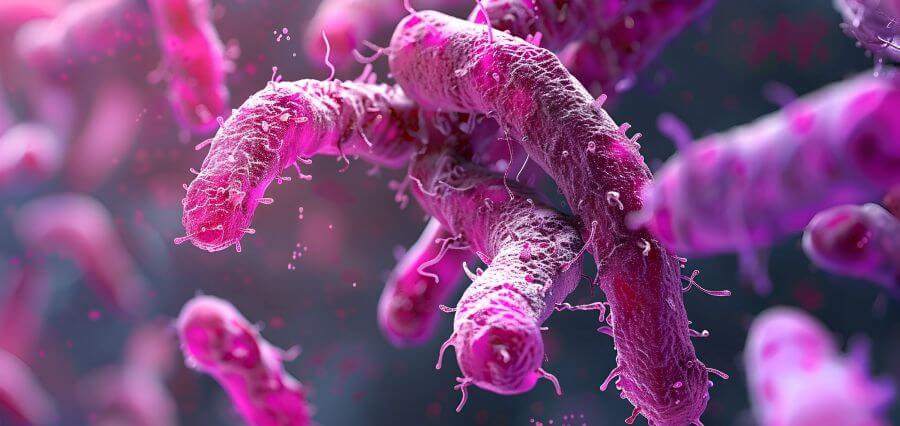How much ultra-processed food, or UPF, is in your shopping basket, do you know? Commonly purchased and consumed foods include ice cream, cereal bars, and wraps, however they may be having an adverse effect on your health.
Bread that is mass-produced, prepared meals, cereal for breakfast, reconstituted ham, store-bought biscuits, and carbonated drinks: Almost half of the food in Irish grocery baskets is classified as ultra-processed, and most of the time, we are unaware of this or its negative health effects.
2018 saw the first publication of those figures in the worldwide scientific journal Public Health Nutrition.
Ireland was ranked 45.9%, slightly higher than Belgium (44.6%), behind Britain (50.7%), but significantly higher than nations like Portugal and Italy (13.4% and 10.2%, respectively).
The prevalence of adult obesity was found to be correlated with the availability of ultra-processed foods in households.
The phrase “ultra-processed food” wasn’t very common at the time. However, it became so widely used that the acronym UPF was coined when Chris van Tulleken’s Ultra-Processed People: Why Do We All Eat Stuff That Isn’t Food…and Why Can’t We Stop? was published last year.
Still, there’s still a lot of misunderstanding over the precise definition of ultra-processed food. The Climate and Health Alliance, a coalition of advocacy and public health organizations from throughout Ireland, singled out UPF in its 2023 “Fixing Food Together” report.
Ultra-processed foods are defined by Orna O’Brien, senior dietitian at the Irish Heart Foundation and lead author of the research, using the globally accepted Nova food processing categorization system.
“These are foods that are usually high in fat, sugar, salt, and refined starches. They are made with ingredients that are not typically found in a kitchen, such as dextrose or soy protein isolates, as well as flavorings, emulsifiers, and colorings that enhance the food’s appearance, taste, and shelf life,” the author explains.
“The purpose of these foods is to increase your intake of them.”
Examples of ultra-processed foods in the report include canned/instant soups, ice cream, sweetened beverages, packaged snacks (both savory and sweet), reconstituted meat products, pre-made frozen dinners, and chicken nuggets.
Concern over the possibly detrimental health impacts of UPF products, which are frequently aggressively pushed and have significant branding, is growing.
“Even a 10% increase in the proportion of UPF in the diet correlates to a 12% increase in cancers, a 21% increase in depressive symptoms, and a 21% increase in cardiovascular disease,” claims O’Brien, citing recent studies.





